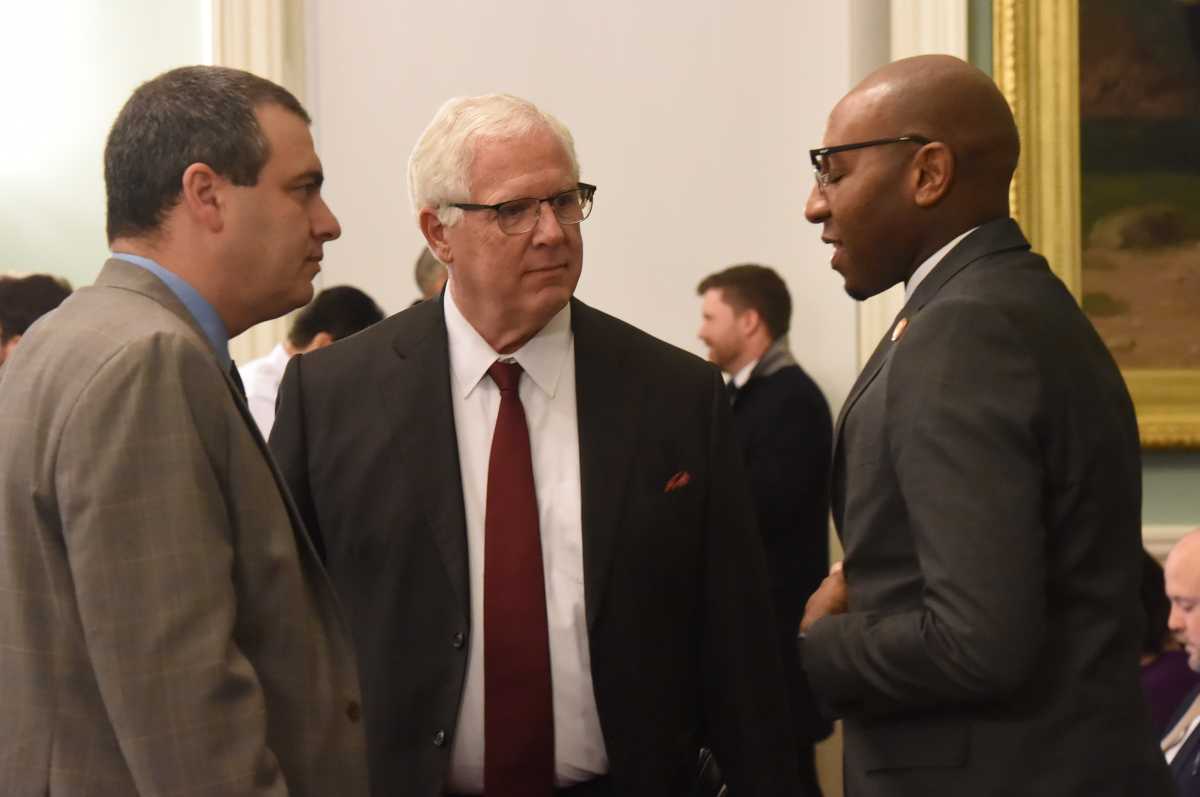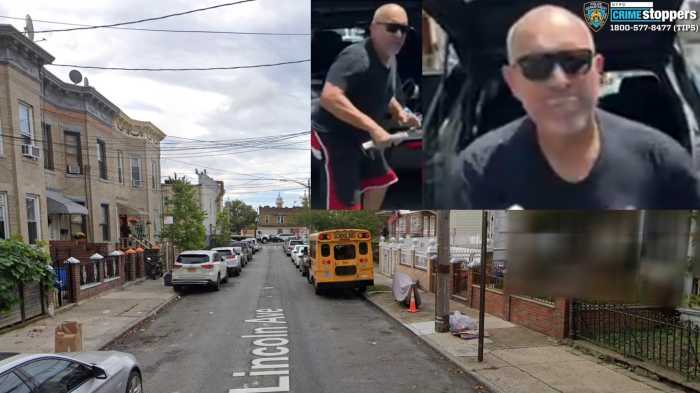After amNewYork reported this week of the NYPD’s plans to encrypt police radios in 2020, police officials said Thursday that it would likely not move forward with encryption for at least a year.
Moreover, police brass indicated that they are “open to discussion” as to who, outside of the Police Department, would have access to encrypted communications.
Encryption could potentially cut off media groups who currently monitor police radio feeds for breaking news. Outlets would then have to rely upon releases from the NYPD and statements from its officials.
Elected officials, none of whom seemed to know about the multi-million dollar encryption plan, have expressed fears of encryption, as it might significantly reduce “transparency” of the department. Mayor Bill de Blasio’s administration has emphasized greater transparency at the NYPD for most of his tenure.
Members of volunteer fire and ambulance squads around the city also use police radios to monitor for trouble, and many of them expressed doubts about the plan, fearing that they too would be cut off.
But on Dec. 19, NYPD Deputy Commissioner for Counter-Terrorism John Miller said encryption would happen in a “three- to five-year transition.
“So nothing’s happening today, nothing’s happening tomorrow, and probably nothing’s happening next year,” Miller said. “This is a lot of radios.”
Commissioner Dermot Shea said there must be a “balance” between police officer safety and transparency to the public.
“It is an interesting time after just what just happened in Jersey City,” Shea said, referring to the Dec. 11 terrorist attack that killed six. “With traditional crime and now traditional criminals using encryption, we can’t have situation where criminals have better technology than police officers and detectives – whether they are drug dealers or breaking into banks. Criminals are using encryption. We should certainly consider transparency, but the priority for keeping New Yorkers safe.”
Miller acknowledged some investigative channels are already encrypted to safeguard investigations, as are Federal investigative channels including Drug Enforcement administration, secret service and FBI.
“Any further encryption is open to more discussion at this point with a 3-5 year transition,” he said. “Part of the thinking and planning is where would it be advantageous to say officer safety, the integrity of investigations – the commissioner gives the example of a kidnapping, how do you conduct one of those over the radio when the world is listening for entertainment? It’s something we are looking at – nothing that is happening right away.”
Miller, a former journalist himself, noted that “There have been other cities gone encrypted, and they’ve made arrangements with news media that have made sense. If we ever get to the point where we are going to that level, I’m sure that discussion will take place.”
Miller testified Wednesday at the City Council Public Safety Committee over proposed legislation, Intro. 487, that would create “comprehensive reporting and oversight of NYPD surveillance technologies. The NYPD took a stand against the bill, saying providing detailed information on technology would tip off criminals and terrorists and allow them to thwart investigations.
Sample of a police radio scanner system in action.






































